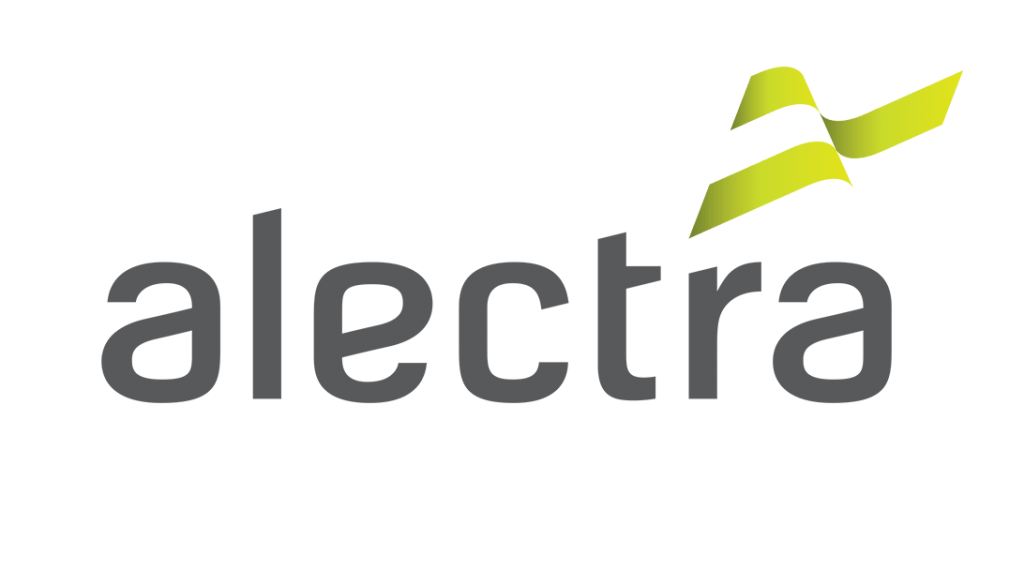
In this edition:
- Four Niagara restaurants among OpenTable’s 100 best in Canada
- Alectra earns global recognition at 2024 WE3 Digital Energy and Water Awards
- Ontario proposes new red tape reduction legislation
- Investment in building construction picks up with Ontario in the lead
- B.C. port union challenges federal labour minister’s back-to-work order
- New report warns that skilled immigrants are leaving Canada
- Focus on Human Resources
Did you know you can get the GNCC’s Daily Update emailed to you? Click here to sign up.

Photo credit: weyo / Adobe Stock
Four Niagara restaurants among OpenTable’s 100 best in Canada
Four Niagara restaurants have again made OpenTable’s top 100 eating establishments in the country for 2024.
Treadwell Cuisine in Niagara-on-the-Lake, Vineland Estates Winery Restaurant in Vineland, The Good Earth Food and Wine Co. in Beamsville and Rizzo’s in Fort Erie are among the 53 Ontario restaurants on the company’s list this year.

Image credit: Alectra Utilities
Alectra earns global recognition at 2024 WE3 Digital Energy and Water Awards

Photo credit: Maurizio De Mattei / Adobe Stock
The Government of Ontario is proposing a new raft of streamlining measures in its proposed Cutting Red Tape, Building Ontario Act, 2024.

Photo credit: reme80 / Adobe Stock
Investment in building construction picks up with Ontario in the lead
Investment in building construction rose 2.1% to $21.6 billion in September, following a 0.2% increase in August. The residential sector increased 2.9% to $15.2 billion in September, while the non-residential sector edged up 0.3% to $6.4 billion.
Increases were recorded in seven provinces and three territories, led by Ontario (+$232.1 million).

Photo credit: Rob Atkins / Adobe Stock
B.C. port union challenges federal labour minister’s back-to-work order
The union representing port supervisors in British Columbia is formally challenging the legal and constitutional authority of the federal labour minister to order them back to work.
In a legal document dated Nov. 19, International Longshore and Warehouse Union Local 514 says it’s questioning whether the order issued by Labour Minister Steven MacKinnon last week violates the right to collective bargaining and the right to strike.

Photo credit: Jonathan Stutz / Adobe Stock
New report warns that skilled immigrants are leaving Canada
One in five immigrants who land in Canada will leave within the next 25 years, particularly economic immigrants who play a large part in the country’s labour market, a newly released report suggests.
About a third of those who leave will do so within the first five years.
Did you know?
Focus on Human Resources
New study reveals stereotype about the trades may be changing among Canadians
Through the Daily Updates, the GNCC aims to deliver important business news in a timely manner. We disseminate all news and information we feel will be important to businesses. Inclusion in the Daily Update is not an endorsement by the GNCC.
























































